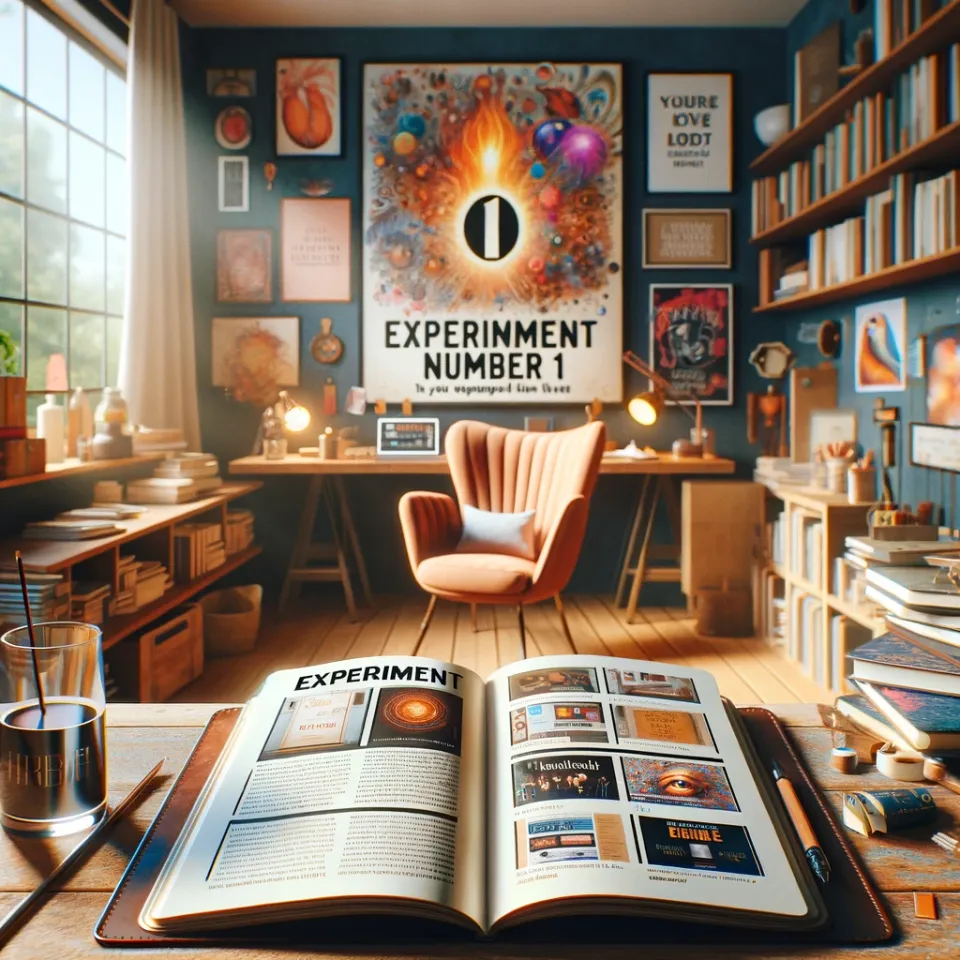Randomness #1. Experimento.

Enero 21-27. 2024
The Fine Art of Opportunism by Venkatesh Rao
A Venkatesh lo empecé a leer hace años y tuve el placer de traerlo al país. Que alguien más lo descubra ya hace este experimento exitoso. El ensayo habla sobre el oportunismo como una de las formas de tomar decisiones y por qué es la forma que mayores dividendos puede generar. De esos ensayos para leer cada cierto tiempo. https://www.ribbonfarm.com/2007/12/05/the-fine-art-of-opportunism/
Opportunism is about working with and manipulating luck, not waiting for it. It is about engineering your path through life in such a way that the probability of disproportionate-returns events in your life is increased.
Perhaps the single biggest barrier to opportunistic behaviors is a sort of puritanism drilled into us by most cultures that an outcome is not won fairly if it is won without an effort proportionate to its value
information coming at everybody, no matter how sophisticated your filtering, is of limited value. Until you probe to discover first-order information that is available to all at low effort, but which few bother to poke out, you don’t have much of an informational advantage.
Avoiding Stupidity Is Easier Than Seeking Brilliance by Farnam Street
Una de las máximas de Charlie Munger que de entrada causa algo de disonancia cognitiva pero seguro debería aplicar más a menudo. https://fs.blog/avoiding-stupidity/
We often focus on trying to be brilliant, yet many great people get far more mileage out of avoiding making stupid mistakes. Amateurs win the game when their opponent loses points, experts win the game by gaining points
In expert tennis, about 80 per cent of the points are won; in amateur tennis, about 80 per cent of the points are lost. In other words, professional tennis is a Winner’s Game – the final outcome is determined by the activities of the winner – and amateur tennis is a Loser’s Game – the final outcome is determined by the activities of the loser
The point is that most of us are amateurs but we refuse to believe it.
This is a problem because we’re often playing the game of the professionals. What we should do in this case, when we’re the amateur, is to invert the problem. Rather than trying to win, we should avoid losing
How to Be More Agentic by Cate Hall
Siempre es bueno regresar al concepto de agencia y la importancia de desarrollarla decididamente. Este artículo logra el propósito y da algunos consejos que funcionan. https://usefulfictions.substack.com/p/how-to-be-more-agentic
Over the years, as I’ve gradually grown dumber relative to my peers through a combination of aging and making smarter friends, one of the main ways I’ve compensated has been through dialing up my agency, which I think of as something like “manifest determination to make things happen.”
In my way of thinking, radical agency is about finding real edges: things you are willing to do that others aren’t, often because they’re annoying or unpleasant. These don’t always surface in awareness to the point one is actually choosing -- often they live in a cloud of aversion that strategically obscures the tradeoff.
Burnout is the ultimate agency-killer. This is so true that I’ve learned to identify a reduction in agency as one of the first signs of burnout, one that shows up even before I consciously realize what’s happening
Si alguien llegó hasta acá: Ojalá algo le haya gustado. Me encuentran en twitter como @gomezoscar
Si prefiere que esto llegue a su bandeja cada que se publique deje su correo acá:
Member discussion